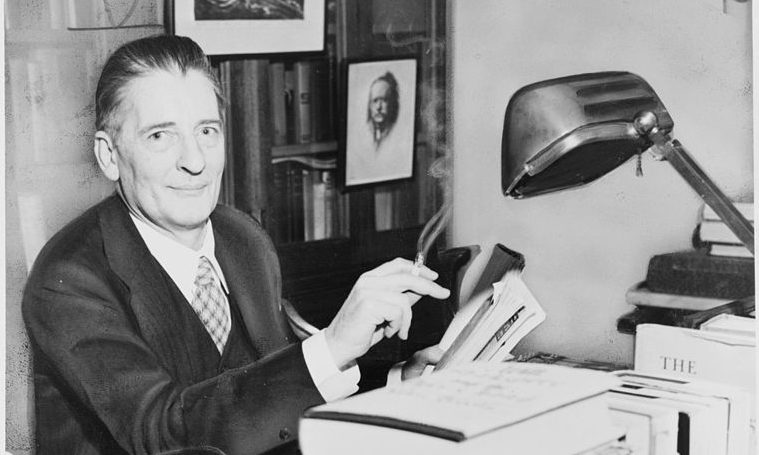The digital revolution has fostered a homegrown trend that is changing the way artists connect with their fans. Podcasts have allowed amateur broadcasters to bypass creatively-stunted radio. Affordable production software has allowed amateur musicians and filmmakers to arrange their work without the need for corporate producers. And every year more and more first-time authors are self-publishing their with great success.
All Art Is Rhetoric
The DIY artistic movement is proving that artists don’t need corporate middlemen. So why should a creative writer waste time and money on an editor? Well, because the editor’s role is more than just being a greasy pusher hired to do the dirty sales work so that writers can keep their artistic integrity. While some may see editors and publishers as expensive vestiges of an archaic system, writers really should strive to develop symbiotic relationships with their editors rather than antagonistic ones.
Whether it be how the Romantics responded to the increased industrialization of the Enlightenment, or how the Renaissance artists who valued symmetry and the “perfect” ultimately gave rise to the Baroque (French for ‘imperfect pearl’), all artists respond to outside stimuli and communicate to audiences. And this makes art rhetorical.
Editors bring value to creative works by providing a rhetorical framework for the creative process. Artists pour themselves into a work and seek to create something real and human. But this sometimes fosters too personal of a relationship with the work. These kinds of artists will often reject criticism and critique, hoping to stop others from ‘corrupting’ their work. But this is the wrong way to think about creativity. It’s not about the artist, it’s about the audience.
Maxwell Perkins: Editor of Genius
Maxwell Perkins, probably the most famous literary editor, is known for the close relationships he nurtured with his writers—among them Ernest Hemingway, F Scott Fitzgerald and Tom Wolfe. Perkins became the model for successful editing, because he ensured that his writers’ visions were conveyed clearly. But also stayed in tune with how readers read (rather than how books sell). In a letter to writer and artist Joseph Pennell, Perkins once said:
The trouble with reviewers, and with editors, is so simple that nobody gets it. They ought to just take a book and give themselves to it, and read it like a regular citizen. 1
Better Editors Help Make Better Art
A good artist can see the world differently than everyone else. But it’s the artist’s job to also help audiences see what they see. In this way of thinking, the written work is a lens worn by the audience. Natural light—that initial stimulus that inspired the writer—passes through the lens and is altered by the writer’s perspective. The editor, whose main concern is audience, is like an optometrist who calibrates the lens and prescribes it for the appropriate audience. While writers may write for themselves, the editor is the one who can take a step back and coordinate the entire situation.
Some may say that editors and publishers only serve a purpose for those with capitalistic pursuits. But the back and forth that writers have with their editor helps ensure that the writer’s message is being conveyed clearly and effectively. Essentially, better editors help make for better art.
- “26 July (1944): Maxwell Perkins to Joseph Stanley Pennell” | The American Reader

